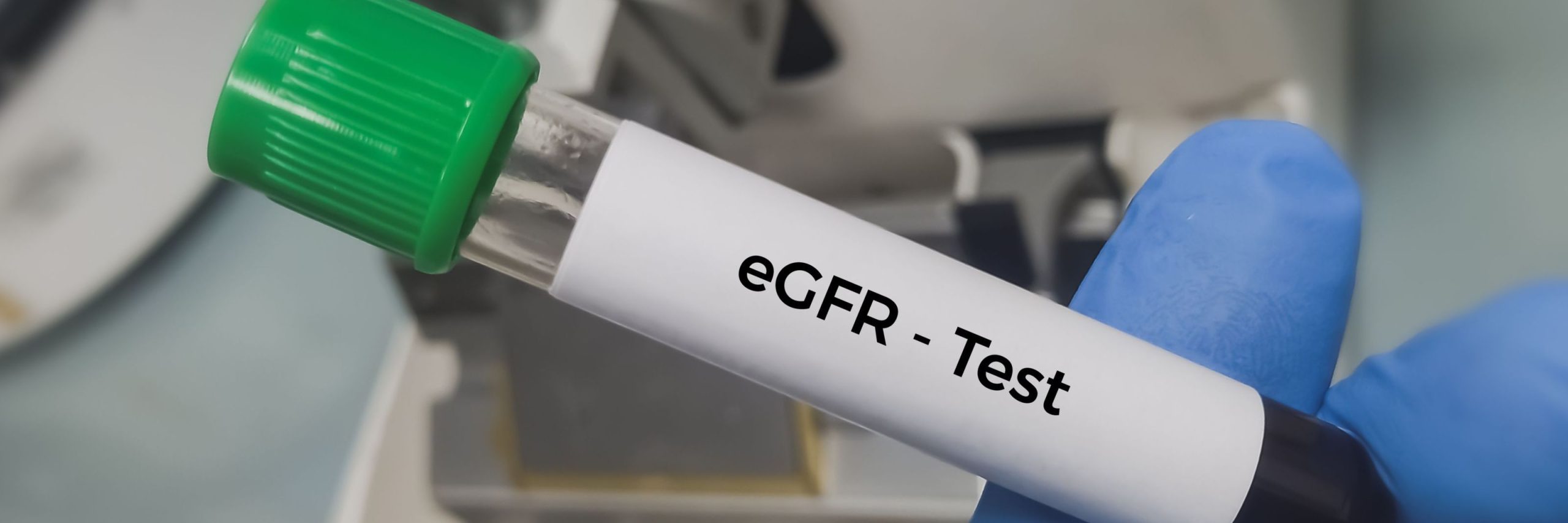In an effort to expedite the publication of articles, AJHP is posting manuscripts online as soon as possible after acceptance. Accepted manuscripts have been peer-reviewed and copyedited, but are posted online before technical formatting and author proofing. These manuscripts are not the final version of record and will be replaced with the final article (formatted per AJHP style and proofed by the authors) at a later time.
Heplisav-B is a novel recombinant adjuvanted vaccine for hepatitis B virus (HBV) that has been approved as a 2-dose regimen and shown to have similar seroconversion rates in healthy adults as single-antigen HBV vaccines. More data are needed to determine whether similarly high rates of seroconversion and immunity are observed in immunocompromised patient populations such as in patients with end-stage renal disease (ESRD) on hemodialysis.
Patients with ESRD who presented for emergency-only hemodialysis and either were HBV vaccine naive or had a hepatitis B surface antibody (anti-HBs) titer of less than 10 IU/mL received 3 standard 20-μg doses of Heplisav-B at week 0, week 4 (±2 weeks), and week 24 (±2 weeks), with anti-HBs titer measured at week 28 (±2 weeks).
Thirty-two patients received at least one dose in the study timeframe, with 24 patients completing the vaccine series and measurement of anti-HBs titer. The mean age of the patients was 46 years, and 58% of patients were male. Of the 24 patients who completed the vaccine series, 20 (83%) seroconverted after the third dose. Three of the 4 patients who did not seroconvert after 3 doses were revaccinated with an additional 20-μg dose, and 2 of the 3 patients had an anti-HBs titer of greater than 10 IU/mL 4 weeks after this dose.
Patients with ESRD who received three 20-μg doses of recombinant HBV vaccine had a seroconversion rate of 83%, representing a similar seroconversion rate and fewer doses of vaccine as compared to the standard HBV vaccine regimen for patients with ESRD.
© American Society of Health-System Pharmacists 2023. All rights reserved. For permissions, please e-mail: journals.permissions@oup.com.















